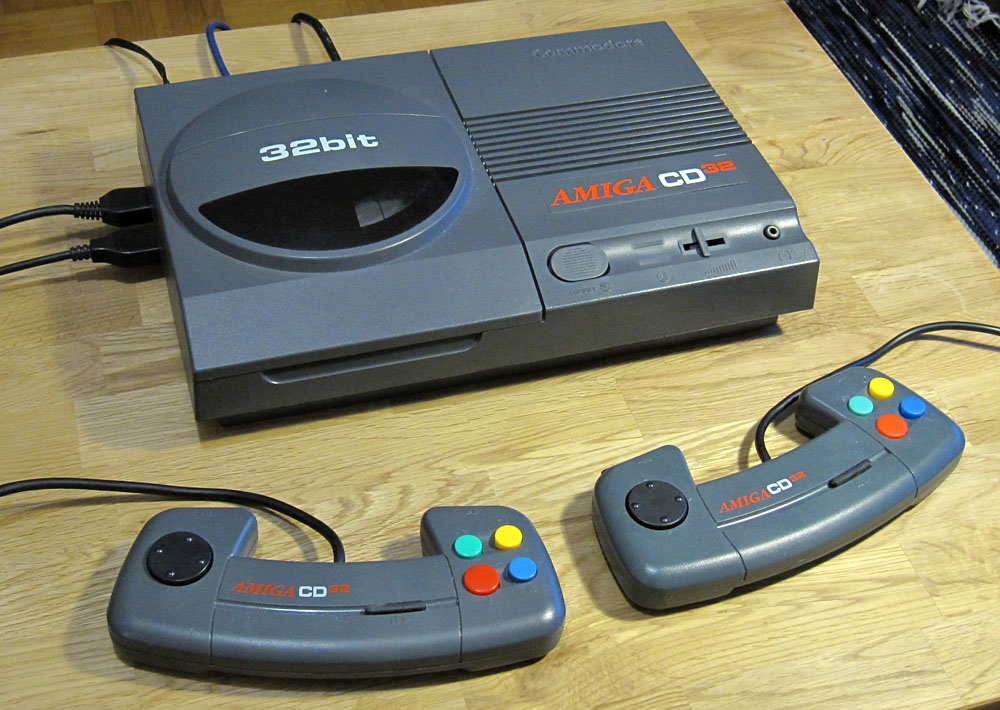I don't consider it a PC. It's an m68k based Machine. Unless you consider something like an Apple IIe a PC or whatever. It shares much more in common with a console than it does a traditional x86 "IBM compatible" PC. No harddrive, boot from disk medium, etc. Just pop in your game, turn on your machine, and you're playing with a joystick. no gui, no text input, no prompt. It just loads and plays.
But to answer your question:
Totally a console. And stuff like Wing Commander was much much better on the CD32 than it was on an IBM PC at the time.
I've been writing software for 23 years now. Shareware didn't advance my career in nearly the same way that Steam has. One trip to Steam Dev Days completely changed my life.




